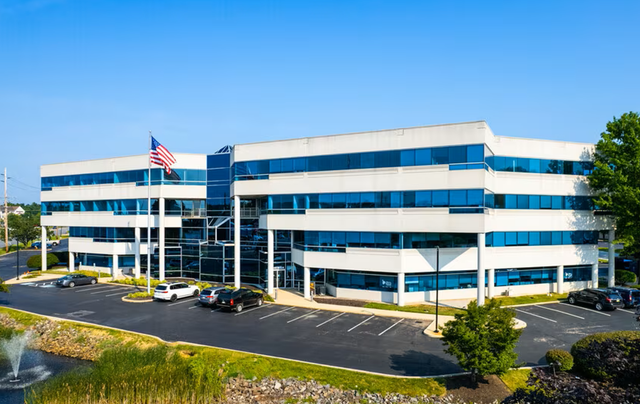Moving freight in today’s fast-paced world isn’t just about routes or trucks — it’s also about the right information, flexibility and the right systems in place to deal with the unexpected. Your logistics partner should offer more than the standard freight services, no matter if you’re an entrepreneur who must ship products on time or a retailer that has to manage multiple deliveries per day. They should be able to provide the ability to control, trust and clarity.
Modern freight brokerage services, and 3PL providers who are technology-driven, can change this.
The modern Freight Broker is More Than an Middleman
In the past freight brokers were thought of as people who connected shippers and carriers. Today, however, freight brokers are strategic partners who handle the complexity of transportation on behalf of their clients. They assist clients negotiate lower prices, find reliable carriers, solve disruptions and avoid expensive delays.
Image credit: translogisticsinc.com
In the end, choosing the right freight broker doesn’t just save you money — they can also help you avoid logistical headaches that can hurt the bottom line of your business.
Translogistics, Inc., (TLI) companies are reinventing the ways in which this relationship works. By offering multimodal freight brokerage services, they allow businesses to shift between parcel, LTL (less-than-truckload), and volume LTL shipments depending on urgency, budget, or customer needs. The ability to adapt is crucial more than ever.
3PL Providers – The additional layer of strategy you didn’t realize you needed
Consider using a 3PL if you are working with multiple carriers and managing your invoices. You may also be monitoring shipments manually or managing claims in the spreadsheet. Third-party logistic partners can help you make time savings by taking on these tasks.
A quality 3PL provides more than outsourcing services. They offer structure, strategy, and experience. They analyze your shipping patterns, recommend smarter solutions, and bring technology-driven processes to the logistics department. They’re not just reacting to problems, but you’re preventing them from ever happening. In an industry where efficiency and transparency cannot be negotiated and tools that operate behind the scenes often create the most impact.
What is the purpose of a Transportation Management System?
Think of a transport system as the central point of control for your shipping. It’s a digital brain which helps you manage, track, and optimize your freight shipments on one platform. From viewing real-time carrier rates to creating Bills of Lading and auditing freight invoices, a TMS provides you the ability to see and control you’ve been missing.
Translogistics ViewPoint TMS Translogistics ViewPoint TMS, for instance, was created with these objectives in the front of the mind. It compares rates across different modes, and it also features drag-and-drop data entry powered by AI to reduce manual typing that slows teams down. This is a prime illustration of how technology in logistics is advancing to facilitate quicker, more efficient and precise operations.
What it all boils to is the notion of partnership.
It’s not just about technology and services, but as well about the people. It’s about having a team around you who can see what’s risk when a shipment gets delayed or the carrier fails to come into.
That’s why choosing a 3PL provider or freight broker isn’t just a transactional decision.
It’s a more strategic one.
Find a supplier who listens, adapts, and invests in technology that will keep your supply chain running smoothly. Someone who will treat your cargo as fast and as carefully as you. When you’ve got the best support, freight can become a smooth operation. Your business is better and better positioned to grow. Because in the modern world of logistics, the success of your business isn’t just about transferring freight. It’s all about transferring more efficiently.
